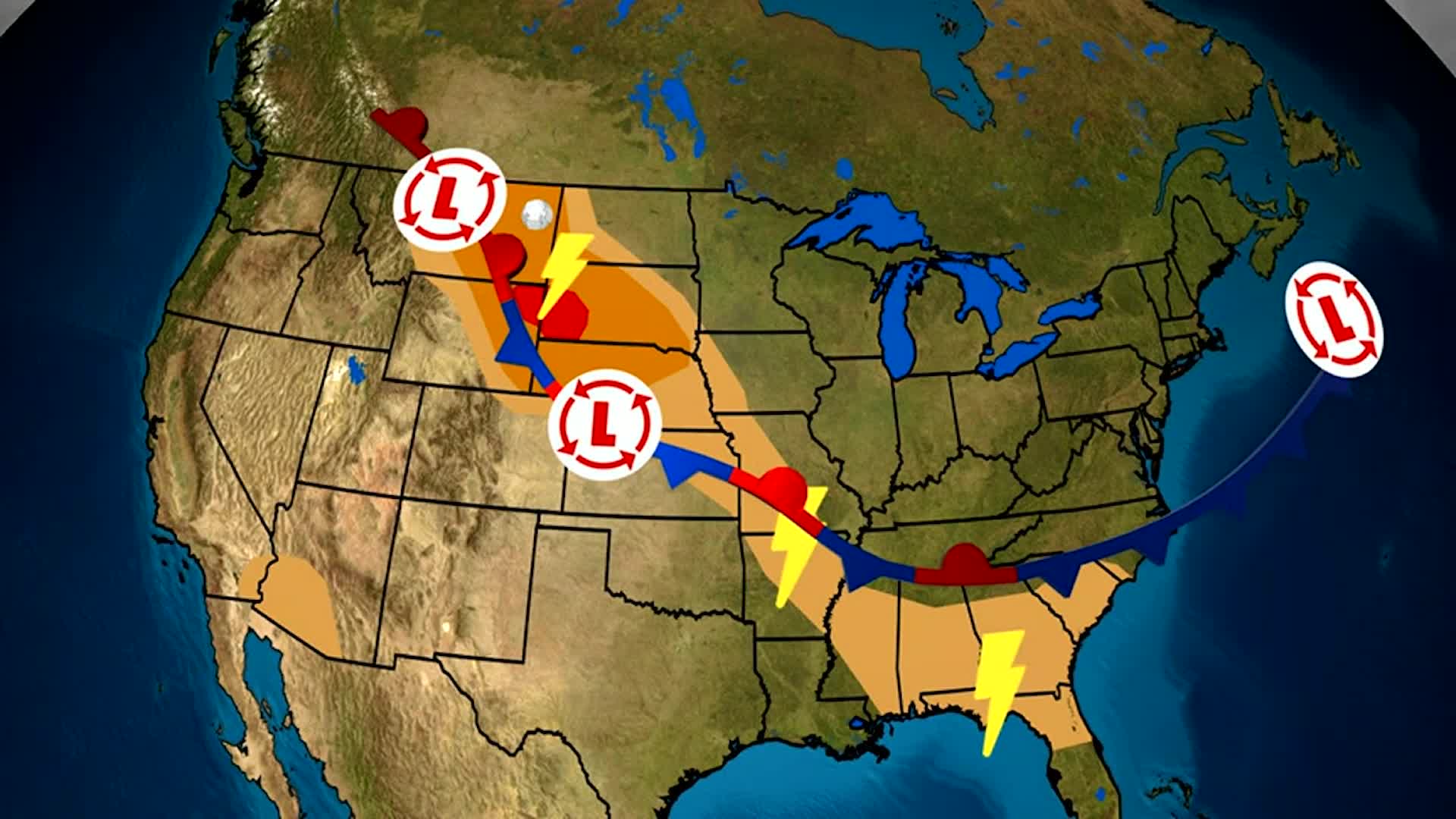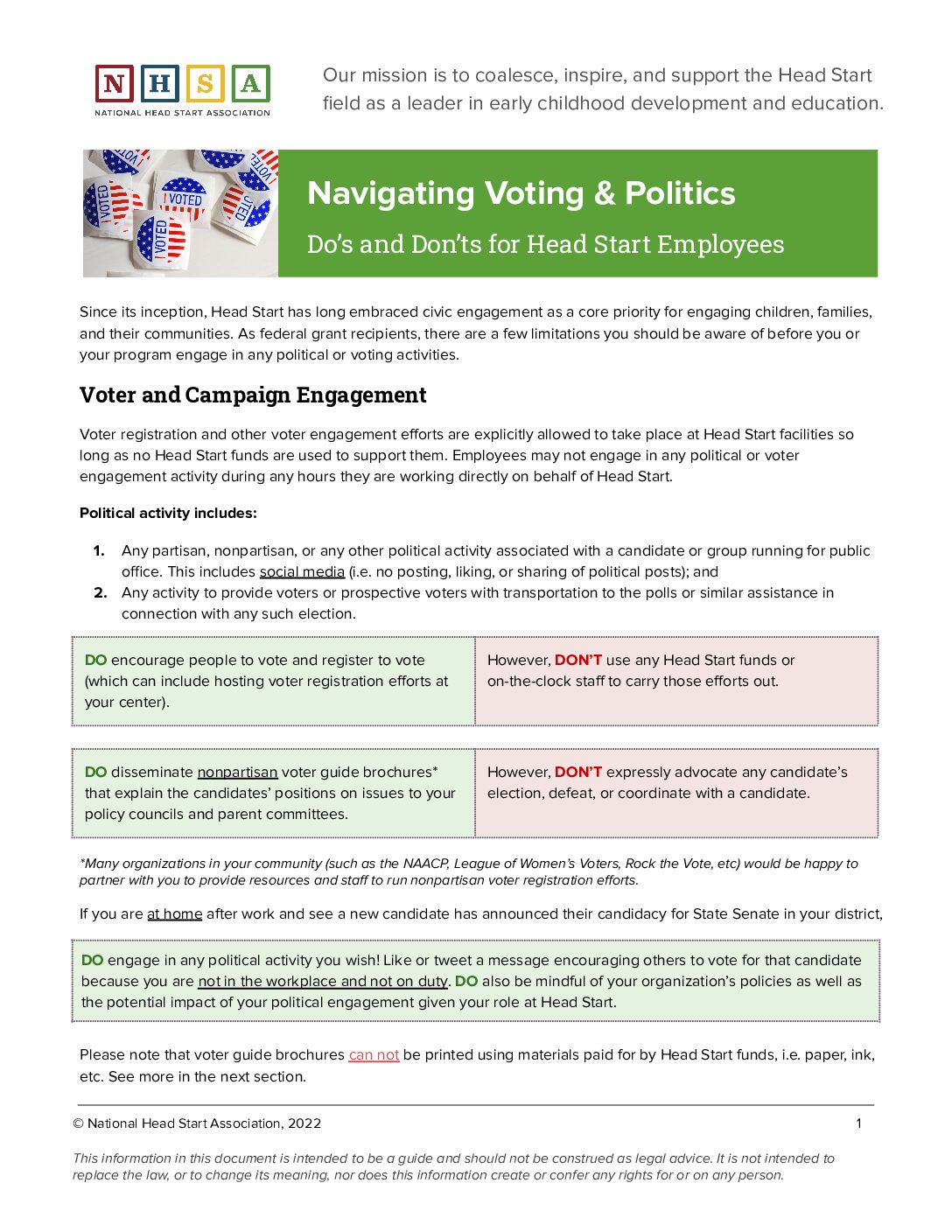Stormy Overnight? Severe Weather Possible Monday

Table of Contents
Expected Severity and Timing of Severe Weather
The National Weather Service has issued a severe weather alert for central Illinois, predicting a high probability of severe thunderstorms and strong winds. The intensity and timing are crucial factors in effective preparedness.
- High winds expected between 10 AM and 4 PM: This timeframe represents the period of greatest risk. Stay vigilant during this window.
- Types of severe weather predicted: Strong thunderstorms, large hail (potentially up to 2 inches in diameter), and damaging winds are anticipated. The possibility of isolated tornadoes cannot be ruled out. This necessitates taking all necessary precautions.
- Locations most impacted: Southern counties in central Illinois are expected to bear the brunt of the storm, but widespread impacts are possible. Stay updated on your specific area via local news and the National Weather Service.
- Relevant weather resources: For up-to-the-minute information and detailed weather maps, check the National Weather Service website ([link to NWS website]) and your local news channels.
Safety Precautions and Emergency Preparedness
Proactive steps are essential for ensuring your safety during a severe weather event. Preparation is the best defense against the dangers of strong winds, hail, and potential tornadoes.
- Check weather alerts and updates regularly: Download a reliable weather app (such as The Weather Channel or AccuWeather) and set alerts for severe weather warnings in your area. Regularly check the National Weather Service website and local news for the latest updates.
- Secure outdoor objects: Bring loose objects like patio furniture, garbage cans, and anything that could become airborne projectiles indoors. Secure anything that may blow away and cause damage to your property or injury to others.
- Develop a family emergency plan: Establish a designated shelter area in your home (a basement or interior room away from windows). Determine evacuation routes and a meeting place in case of separation. Practice your plan to ensure everyone knows what to do.
- Gather emergency supplies: Prepare an emergency kit including water (one gallon per person per day for at least three days), non-perishable food, a first-aid kit, flashlight, extra batteries, a battery-powered radio, and any necessary medications.
- Understand local emergency procedures: Familiarize yourself with your community's warning systems (siren sounds, emergency alerts) and evacuation procedures.
Protecting Your Property During Severe Weather
Protecting your home and belongings is vital to minimizing damage and loss during severe weather.
- Board up windows and doors: Cover windows with plywood or storm shutters to protect against flying debris. Reinforce doors to prevent them from being blown open.
- Park vehicles in safe locations: Move vehicles to garages or sheltered areas to prevent damage from hail and high winds. Avoid parking under trees.
- Protect valuable electronics and documents: Elevate electronics and important documents to prevent water damage. Consider storing them in waterproof containers.
- Turn off gas and electricity (if instructed): If authorities advise you to shut off utilities, follow their instructions immediately.
- Disconnect outdoor electrical appliances: Unplug and disconnect all outdoor electrical appliances to prevent damage and electrocution hazards.
What to Do During and After the Severe Weather Event
Knowing how to react during and after the severe weather event is crucial for your safety and the safety of your family.
- Seek safe shelter immediately: When a severe weather warning is issued, immediately move to your designated safe room. Stay away from windows.
- Stay informed: Continue monitoring weather reports throughout the storm to track its progress.
- Avoid flooded areas and downed power lines: After the storm, avoid areas with standing water, which may conceal hazards. Never approach downed power lines.
- Report damage to authorities: Contact your local authorities to report any damage to your property or infrastructure.
- Check on neighbors: After the storm, check on your neighbors, especially elderly or vulnerable individuals.
Conclusion
Monday's weather forecast includes the strong possibility of severe weather, including high winds, hail, and potential tornadoes. This article highlighted the expected severity and timing of the storm, provided crucial safety precautions, and outlined actions to take before, during, and after the event. Remember, the key to safety is preparedness.
Stay safe and informed as severe weather is possible Monday. Check your local weather forecast regularly and follow the safety guidelines outlined above for a safe passage through the stormy period. Remember to prepare for severe weather proactively!

Featured Posts
-
 Aston Villa Vs Manchester United Fa Cup Rashfords Match Winning Performance
May 20, 2025
Aston Villa Vs Manchester United Fa Cup Rashfords Match Winning Performance
May 20, 2025 -
 Llm Siri Apples Path To Ai Dominance
May 20, 2025
Llm Siri Apples Path To Ai Dominance
May 20, 2025 -
 The Wayne Gretzky Loyalty Debate Navigating Politics Tariffs And Canadian Identity
May 20, 2025
The Wayne Gretzky Loyalty Debate Navigating Politics Tariffs And Canadian Identity
May 20, 2025 -
 Jalkapallo Kamara Ja Pukki Sivussa Avauskokoonpanosta Friisin Selvitys
May 20, 2025
Jalkapallo Kamara Ja Pukki Sivussa Avauskokoonpanosta Friisin Selvitys
May 20, 2025 -
 Ai 82
May 20, 2025
Ai 82
May 20, 2025
